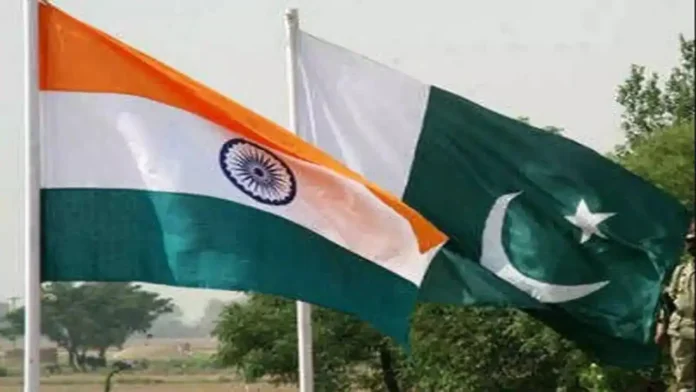India has formally called for a review of the Indus Water Treaty (IWT) with Pakistan, citing “fundamental and unforeseen” changes in circumstances. The notice was issued to Pakistan on August 30 under Article XII(3) of the treaty, according to government sources. The IWT, signed in 1960, governs the water-sharing mechanism between the two countries for cross-border rivers.
The IWT was established after nine years of talks between India and Pakistan, with the World Bank acting as a signatory. The treaty lays out a framework for cooperation and the exchange of information on water usage for several rivers shared by both nations.
India has raised concerns over changes in population demographics, environmental issues, and the need for clean energy development to meet emission targets as key reasons for the reassessment. Government sources emphasized that these factors require a re-evaluation of the obligations outlined
According to sources, the Indian notification highlights fundamental and
unforeseen changes in circumstances that require a reassessment of obligations under various Articles of the
Treaty. Three specific concerns have been
emphasised to drive home the point that the 1960 understanding is no longer tenable.
Sources said that the first was significantly altered population demographics, coupled with connected agricultural and other uses of the waters. The second was the need to accelerate the development of clean energy to meet India’s emission targets. The third underlines the impact of persistent cross-border terrorism in Jammu and Kashmir which has impeded the smooth operations of the Treaty and undermined full utilization of India’s rights.
These developments come in the wake of a prolonged controversy on the handling of the Ratle and Kishenganga hydel projects. Indian officials believe that Pakistan has been compulsively obstructive about all projects on the Indian side and has taken undue advantage of India’s generosity under the Indus Waters Treaty.
- Satellite-GSAT-17-93.5
- D/L Frequency-4085 MHz
- Symbol Rate-30.0 MSPS
- FEC-5/6
- Roll of 20%
- D/L Polarization-Vertical
- About Us
- Disclaimer
- Contact for Advertisements
- Grievance Redressal
- Help
- Privacy Policy
- Terms & conditions
- JK 24X7News
- JK Media
- JK Newspoint
- Jammu Parivartan
Gulistan TV Network private Ltd is a non government company which was incorporated on 27 Oct, 2008. It focuses towards providing innovative creativity through its enterprising endeavor- “GULISTAN NEWS”.
Contact us: info@gulistannewstv.com




